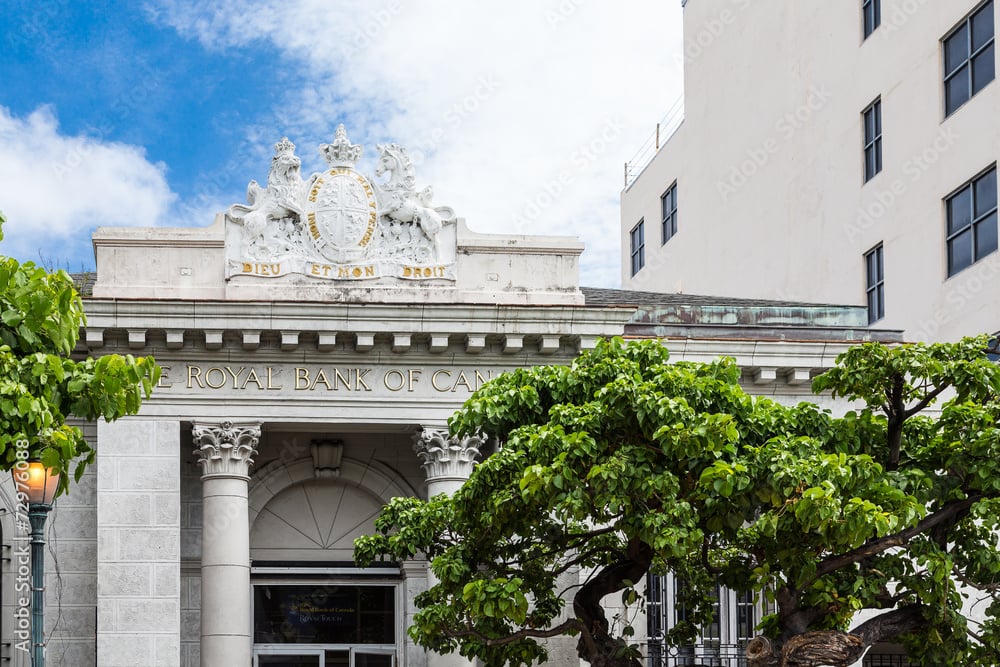Decision protects free speech related to employees' jobs 'on certain matters of public interest'
Hartford, Conn.(Reuters) — Connecticut's highest court made it easier for private sector workers to bring whistleblower claims against their employers without fear of retaliation, ruling in a case brought by a former UBS AG real estate executive.
By a 7-0 vote, the Connecticut Supreme Court on Monday said a 2006 U.S. Supreme Court ruling that narrowed First Amendment free speech protections for whistleblowers does not apply to claims by private sector workers under Connecticut law.
Whistleblower speech should "be protected from employer discipline to the greatest extent possible, consistent with the legitimate interests of the employer," Justice Richard Palmer wrote.
Under state law, "employee speech pursuant to official job duties on certain matters of significant public interest is protected from employer discipline," he added.
The decision could embolden whistleblowers in Connecticut, long a stronghold for insurers, and more recently a popular base for hedge funds and banks such as UBS and Royal Bank of Scotland Group Plc.
It is also a victory for Richard Trusz, who claimed he was fired in August 2008 as head of valuations at UBS Realty Investors LLC after complaining that the Swiss bank's unit was overvaluing real estate and mortgage investments.
He said this caused investors to pay excessive management fees and harmed clients including state pension funds.
"Mr. Trusz's claims are wholly without merit, and the firm did not improperly act against him," UBS spokeswoman Karina Byrne said. "We will continue to defend ourselves vigorously."
Wesley Horton, a lawyer for Trusz, said in an interview: "We are very pleased. It allows people to express themselves on great matters of public policy."
Trusz sued UBS in the New Haven, Connecticut federal court in February 2009, saying he was punished for speaking his mind.
The Connecticut Supreme Court got involved after the presiding judge asked about the impact of the 2006 U.S. Supreme Court ruling in Garcetti v. Ceballos.
That ruling curbed protections for public workers making statements pursuant to their official duties, because they were "not speaking as citizens for First Amendment purposes."
In 2012, the Connecticut court said Garcetti applied in the state to claims against private employers but left open whether it covered free speech claims under state, not federal, law.
Horton called Monday's decision "the first case in which any state supreme court has flatly rejected Garcetti, as a matter of state constitutional law," Horton said.
Trusz's case will return to the federal court.
The state case is Trusz v UBS Realty Investors LLC et al, Connecticut Supreme Court, No. SC19323. The federal case is Trusz v UBS Realty Investors LLC et al, U.S. District Court, District of Connecticut, No. 09-00268.



